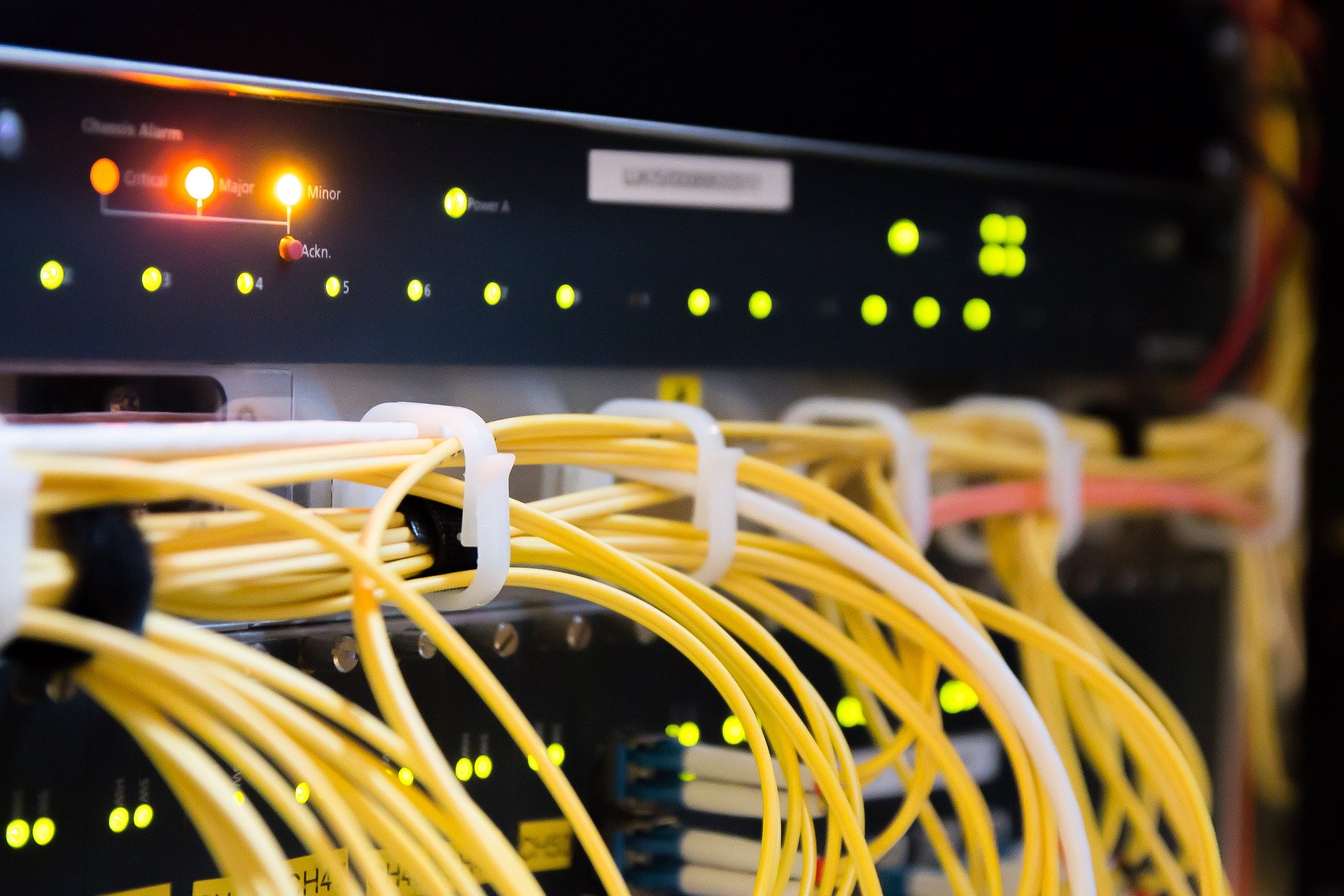James Grant, technical director, Noba Event Wi-FI discusses Labour’s ‘free broadband for all’ pledge
In the run up to the General Election, the Labour Party promised ‘free broadband for all’ as part of its election pledge. It would be achieved by a £20bn investment nationalising Openreach, the maintenance arm of BT and a tax on internet companies such as Google, Facebook and Amazon to cover the operational costs.
As providers of Wi-Fi across a range of sectors such as education, hospitality, construction, venues and events, we thought we’d look at how realistic the proposal is and how it could affect the events industry and even our own business.
I think that this project would be a huge undertaking and while some smaller countries have achieved it, large infrastructure projects like this do tend to balloon in both cost and timelines (think HS2) and it’s unlikely we would ever see this fully achieved.
Andora in the Iberian Peninsula is an example of a country that has rolled out free Wi-Fi for its residents and visitors to enjoy successfully. In 2016, just over 4m connections were made through its Andorra Telecom Wi-Fi.
The population of Andorra is 76,965 and is much smaller compared to the UK’s population of over 66m. The UK is also lagging behind when it comes to broadband speeds. In fact, there are 25 European nations ahead of the UK for broadband speeds including Bulgaria, Estonia, Latvia and Romania.
I think we are more likely to see SpaceX’s Starlink satellite constellation being constructed before free broadband for all is up and running in the UK.
The Starlink project consists of thousands of mass-produced small satellites working in combination with ground transceivers to provide satellite internet access.
This month alone SpaceX has deployed 122 satellites. In total, nearly 12,000 will be deployed by the mid-2020’s with a possible later extension to 42,000.
For the events industry, ‘free broadband for all’ would certainly be highly beneficial. It’s amazing how often, even in London, events are run off of unreliable services, such as 4G, due to a lack of available options.
Lead times for installing fibre, which is typically three months or more, just aren’t compatible with smaller pop-up events.
Even if it was achieved, ‘one is none’ (as they say) so we’d still need backup internet connections, managed Wi-Fi and the smarts to pull it all together. And I can’t imagine the response times for faults would be particularly fast.
It’s a nice idea and if pulled off could be a big boost to the events industry, just don’t hold your breath.















